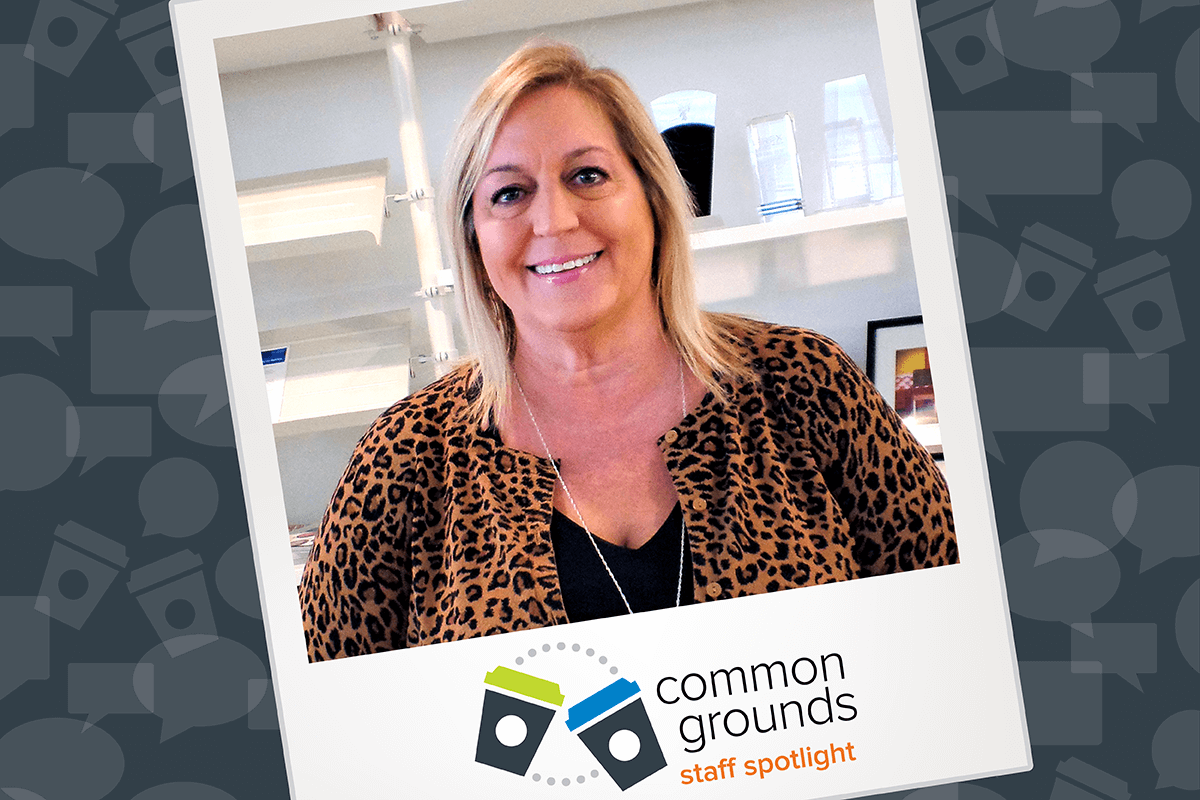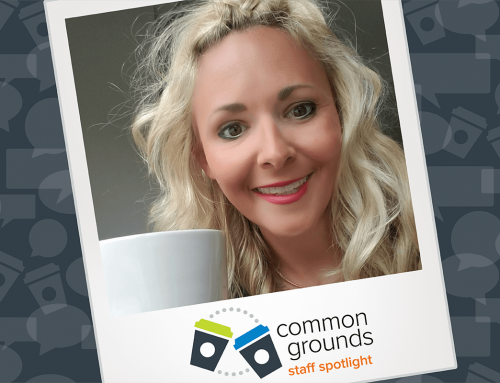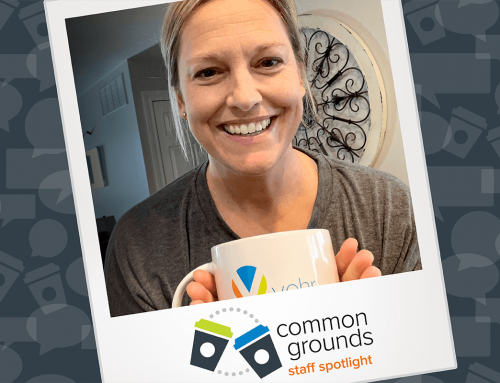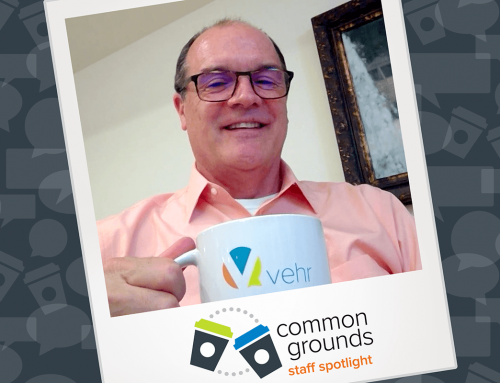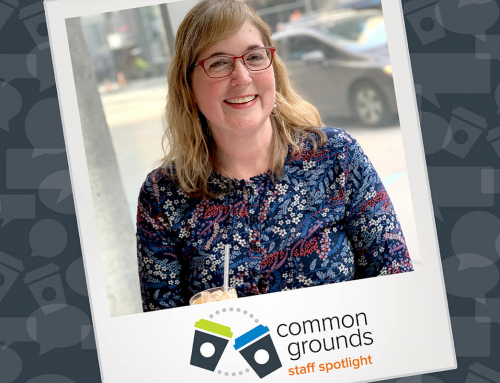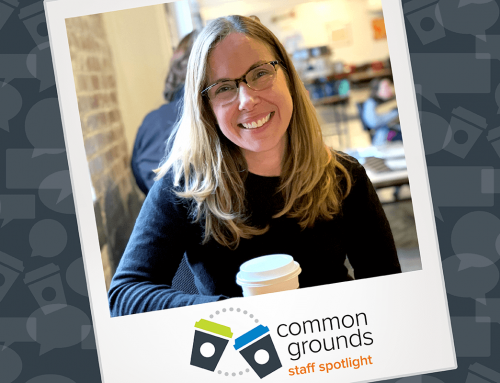Karen Bells is a senior account executive at Vehr Communications with over 20 years of newsroom experience. I sat down with Karen to hear a bit about what her news background allows her to bring to the table, and to pick her brain over where she thinks news media is heading.
Before moving into the marketing industry, you were a journalist, is that correct?
“Yes, before coming to Vehr I spent about 20 years in the newsroom, mostly at the Enquirer.”
What was that transition like?
“For me, the transition made a lot of sense. It was certainly a much different environment, and serving a client is different than serving the public, but a lot of the skills carried over. Being inquisitive, personable, and having the instinct of a reporter has served me well in PR, but I leverage those skills a little bit differently now. For instance, in crisis communications, I will investigate a scenario and look at everything I would want to ask them if I was reporting on a story.”
As mentioned in one of our previous blog posts, today’s media landscape is in flux. We sometimes hear talk about how traditional journalism is dying. Do you think that newsrooms are prepared to compete on the digital playing field?
“The news business will continue to shift, but people in newsrooms were earlier adopters of that shift than they get credit for. There’s a misnomer among the general populace and business community that the news business was latent in adopting digital assets, but reporters were many years ago already leveraging social media and using metric analysis. I even remember HTML coding in the Business Courier 20 years ago. Things have been metrics driven for at least 8 years, to the degree that a lot of corporate communications departments could not meet. The news business is still going to change, but journalists are pretty adaptive people.”
What do you think are the next steps for the news industry?
“A fully integrated approach to story-telling is the best move forwards. Diversifying the way you tell your stories, be it through digital, physical or visual mediums. Lucy May from WCPO took a great approach to this with graphic novel style storytelling. Exploring new ways to tell important stories is going to become increasingly important and will continue to evolve. There will always be a market for news media. It’s just a question of what form it’s going to take.”
You touched a little bit on how your background helps you groom clients for the media. What are some of the ways you help your clients prepare for their interviews?
“We try to put executives at ease, talk through what the process will look like, and then practice, practice, practice. Depending on the context, we will role play a multitude of scenarios at different levels of difficulty.
Another thing we bring to the table is our understanding of each individual reporter. I worked in the media, and I know that that there are hot-button issues that will stand out more for one reporter than another. Some reporters may do everything they can to coax you into letting your guard down, while others might be more direct. Having experience in the news industry and knowing each reporter’s style and approach helps us prepare our clients to the fullest.”
What are some of the most common missteps executives take in these interviews?
“I have plenty of advice, but when it comes to avoiding missteps, the simplest one is to avoid saying ‘no comment.’ There are ways to withhold comments that allow you to get back to the root of your key messaging and keep the conversation going.
Another common misconception is the idea that the journalist is out to get them. If you’re a politician with your hand in a till that’s one thing. But for the average business executive, a journalist has a job to do, but isn’t trying to put one over on you. The more comfortable you can be and the more fear you can take out of the equation, the more genuine you will come across in the interview.”
(For more tips on how to prepare for the media spotlight, click here.)
What is a piece of advice that more marketing teams need to hear?
“The musician Ben Harper once said, ‘Make sure the fortune that you seek is the fortune that you need.’
Too often, extremely talented communications teams, even those with outside council, get caught up in their tactics and struggle with their broader strategy. You could be killing it as a marketing department and be delivering on very ambitious stretch goals, but if it’s not tied back to the business objectives of your company you’re operating in a silo.
If you’re in a marketing or communications department, ask yourself how well your team understands the broad business objectives of your company, and then question whether or not your strategy is working in unity with those objectives.”
This is normally the part in the conversation where I would ask you what your favorite coffee drink is, but you don’t drink coffee do you?
“Well, I’ve never had a cup of coffee in my life. I was mocked incessantly for not drinking coffee in the newsroom, and I have been asked many times how it was possible to work night shifts without it. I love the smell of coffee, I love the idea of coffee, and I wish I was a part of the coffee community, but I can’t do the taste. Me? I’m all about a good diet Coke. The fizzier the better.”
You can learn more about Karen here.
